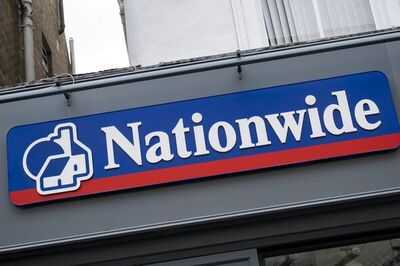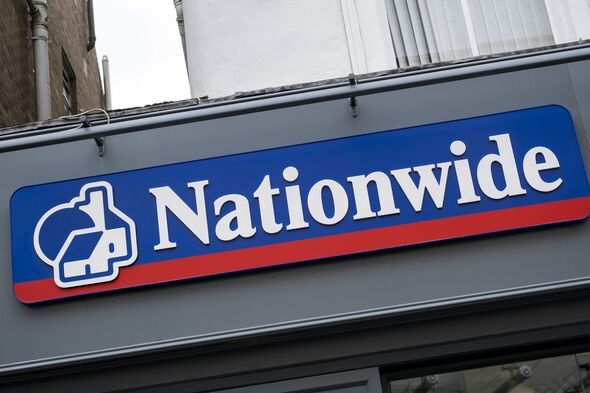
Nationwide is increasing the minimum earnings required when offering higher-risk home loans to first-time buyers. The figure is rising from £35,000 to £40,000 for its Helping Hand mortgages.
These mortgages are considered a greater risk because they allow a home buyer to borrow up to six times their income.
The building society argued that the decision to raise the required income is necessary to remain within government and regulator rules to ensure financial institutions lend responsibly.
However, it will also have the effect of making it more difficult for young buyers to get a foot on the property ladder, particularly in those areas, such as London and the south east, with high house prices.

The change comes at a time that the finance industry is putting pressure on the Chancellor Rachel Reeves to relax lending rules so allowing them to dish out more mega loans.
The idea is that this would fuel the property market and the wider economy. However, critics say this risks recreating the conditions that were, in part, responsible for the global financial crisis of 2007-2008.
Just this week Santander suggested it might pull out of Britain because it considers regulation to be too restrictive.
Newspage said brokers are split over whether the Nationwide move was either "prudent" or a "kick in the teeth" for buyers.
Graham Cox, Director at Bridging Hub, said: "I actually think this is prudent. Someone on £35000 p.a. doesn't have a lot of discretionary spending wiggle room in this day and age, so borrowing at a high 5-6 times income on what is a relatively modest wage is asking for trouble.
"Extending credit terms so people end up in ever greater debt is not the answer, lower house prices are."
However, Jack Tutton, Director at SJ Mortgages commented: "Nationwide's decision to increase the minimum income for sole applicants to have access to their Helping Hand product is yet another kick in the teeth to those trying to buy on their own.
"It is often these people who find it the hardest to achieve their dream of owning their own home. Their decision to increase the minimum income required from £35,000 to £40,000 now means that to be eligible for this, you have to be earning more than the UK's average salary for full-time employees.
"This will compound the issue further for those wanting to get onto the property ladder."
Michelle Lawson, Director at Lawson Financial, said: "This is a shame and a classic reason of inhibitive regulation putting the blockers on borrowers that would otherwise be good to lend to.
"It doesn't make sense to have a one-size-fits-all strategy and underwriters need to be left to underwrite again."
Ken James, Director at Contractor Mortgage Services, said the change will "sweep the rug from under the feet of many prospective first-time buyers".
Ben Perks, Managing Director at Orchard Financial Advisers, warned: "Nationwide have just cut out huge swathes of perspective first-time buyers across the country. A £5,000 increase may seem inconsequential but when it goes above average earnings, it is problematic."
Especially given the expected reduction in pay increases following the Budget. People can't just nip into their head office and ask for a pay increase anymore."
Elliott Culley, Director at Switch Mortgage Finance, commented: "The Helping Hand product has helped many first-time buyers get a foot on the property ladder.
"Increasing the income level you need to earn to be eligible will be a blow to some first-time buyers, however it's important this product remains available and if this increase means Nationwide remain in their regulatory limits and some may still benefit then this is necessary step that had to be taken."